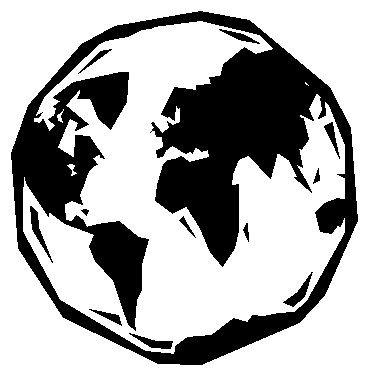|  Speakers:  Geneviève Savigny La Via Campesina Europe
Ndiakhate Fall
La Via Campesina Africa
Geeta Devarajan
La Via Campesina Asia
Aleida Aragon
La Via Campesina Latin America Â
Saul Vicente Vasquez International Indian Treaty Council
Jorge Varela Marquez
World Forum of Fishers People
George Fernandez
International Federation of Rural Adult Catholic Movements - FIMARC
Sue Longley
International Union of Food workers
Sofia Monsalve
FIAN International
Melik Ă–zden
CETIM
Moderation: Â Henry Saragih SPI / La Via Campesina Indonesia
  After 17 years of struggle, actions, dialogue and negotiations that have built an unique global process, the peasant communities from accross the world are expecting that governments reach the final agreement for the UN Declaration for the Rights of Peasants and other people working in rural areas.
At the global level, there are currently some 1.2 billion peasants and together with their families they represent one third of humanity. Peasants and other people working in rural areas are key to food sovereignty, the realization of the right to food, and they also play a key role in the fight against climate change and the conservation of biodiversity. At the same time, they represent approximaly 2/3 of the people that suffer from hunger and poverty.
In paralel with the worsening of peasant’s living conditions – especially in the face of the current global economic, political and environnemental crisis – the process of the Declaration has built hope and increased expectations of the rural population. Today, hundreds of milions of peasants are watching the final stage of the negotiations taking place at the highest level, in the Human Rights Council.
During this event the speakers tackled some fundamental questions:
How will this UN Declaration contribute to the strenghtening of the fundamental rights of peasants and how will it benefit the non-rural population?
 How can and will peasants’ movements advocate for a quick and effective implementation of this future instrument?
By which methods and ways can States and prominent public authorities transfer the content of the UN Declaration in the legal national framework in order to assure the integral protection of its own peasant population?
| 

